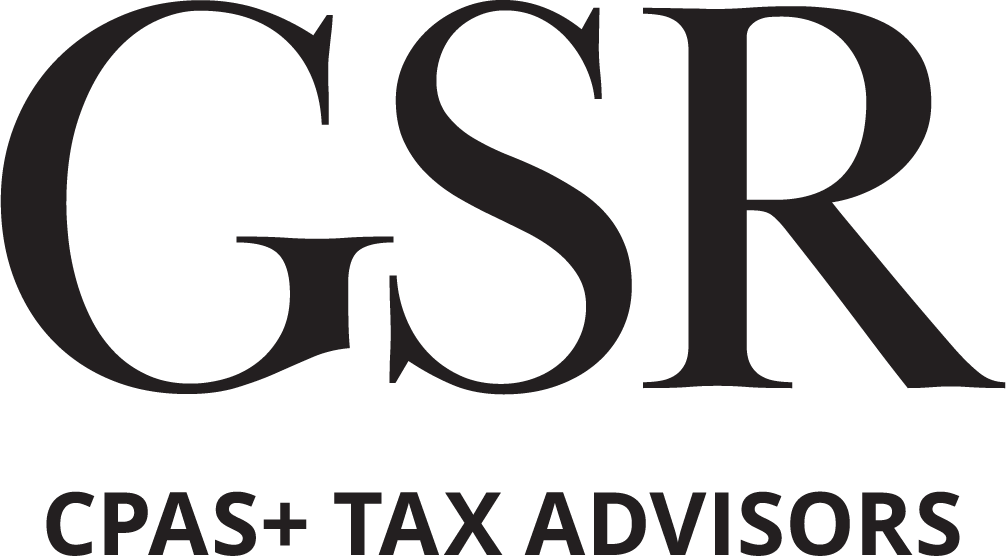Check back for our monthly posts on taxes, we’re Glendale tax accountants helping some of the best companies in Glendale.
One of the most dreaded words for the average person is to hear “taxes”. The connotation is money that needs to be paid no matter what and a sneaking concern that there will be an amount owed. You will find taxpayers who would rather get large refunds then deal with the possibility of owing taxes at the time of filing even though this is not a good money management strategy. This post will try to help bring a rationale approach to getting ready for tax filing time and planning so there won’t be surprises.
The first item that needs to be defined is what type of income are you going to need to report. There are three different categories that you will typically fall into: Employee, self-employed and passive income which is dividend, interest, and rental income as examples. Passive income from an income tax point of view is more limited then the list above but conceptually understanding this group as passive is the easiest way of think about it as you are not actively involved in the earning of that income as you would with a normal job.
If you are employed, you have a concrete understanding of how much you will make and can make choices of how much your withholdings will be. If you are going to have a substantial change in that amount, then you may need to take out more withholdings to reflect the higher income. The lower your withholding, the higher the amount that will be withheld. The W-4 which you fill out when you start is a general guideline of withholdings, don’t let it fool you into thinking that it will take into account all of your circumstances.
Things get more complicated when there are other income and deductions available. All taxpayers have the option to take a standard deduction or to itemize based on having certain expenses that are tax deductible. Itemizing usually hinges on owning a principal residence with a mortgage but can occur if you have large medical or charitable deductions. Itemizing should be pretty standard with most expenses that you can take as a deduction being known year in year out.
Challenges come into play when you have investment portfolios as interest, dividends, and capital gains can swing wildly. One tip is to have an understanding of when brokers are selling stocks and getting an understanding of gains. I see taxpayers not being aware of the tax implications of stock sales and how much of a hit they will take on capital gains. With proper planning you can rid yourself of stocks that are doing poorly in years where you have gains to net them and reduce your taxable gains.
Self-employed people usually have challenges with tax planning since the income usually swings more often than salaried. This is where tax planning comes in and takes a much larger place in the equation of understanding how much tax will be due. This circumstance is best dealt with by doing an accounting of earnings in December and figuring out what income will be to make certain that payments are made by year end. Self employed individual make their payments quarterly as estimated payments and the last payment is due January 15th of the subsequent year so this allows for time to figure out if there are additional amounts owed and be able to make payment timely.
Similarly, if you have investments in other businesses it becomes imperative to get estimates of how much you will be getting from those businesses. Unfortunately, this sometimes becomes difficult as some businesses are better run then others and can give you decent forecasts and some can not. This results in many people with very complicated tax returns paying 100-110% of last year tax (depending on income) to cover current year and wait to receive all of their various third party activity later and deal with the potential liability at that time as paying that amount will at least eliminate penalties and interest.
In summary understand all your income and deductions and make sure you are taking out the proper withholdings or making estimated payments. If your income veers wildly year in year out, then a December accounting of what your situation is absolutely necessary so you can figure out true amount owed for that year. Be proactive and you will find that taxes may be unpleasant but not a word to be feared.
We’re standing by to help you with all your accounting needs, feel free to contact us anytime!
[author_info]
Leave a Reply